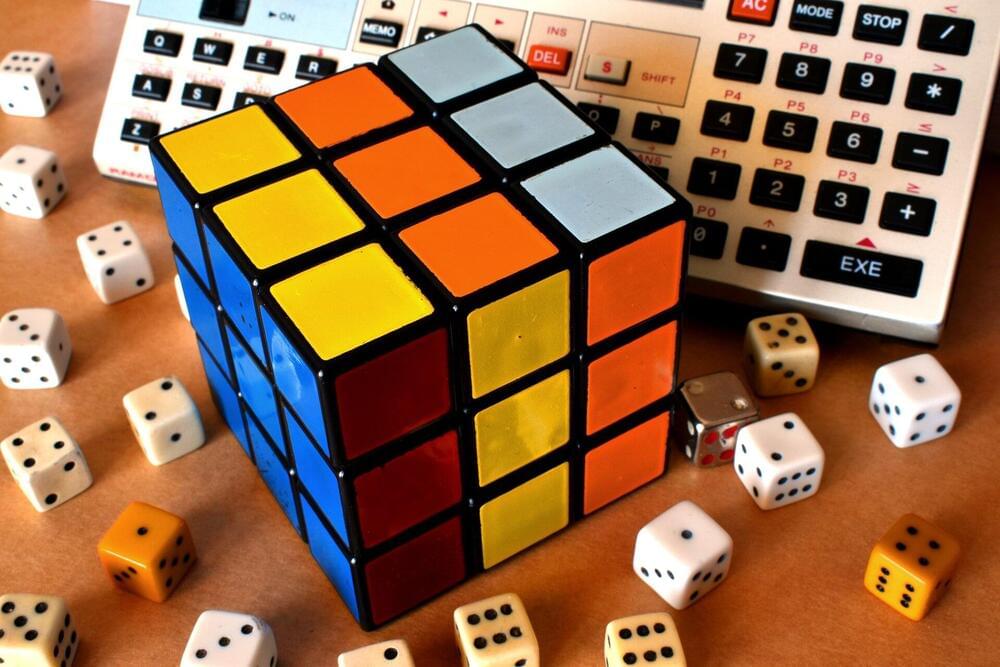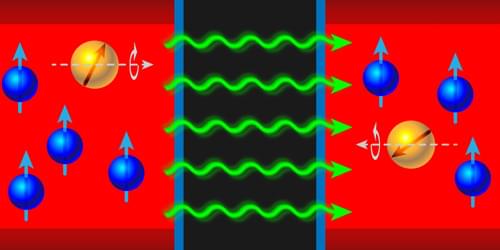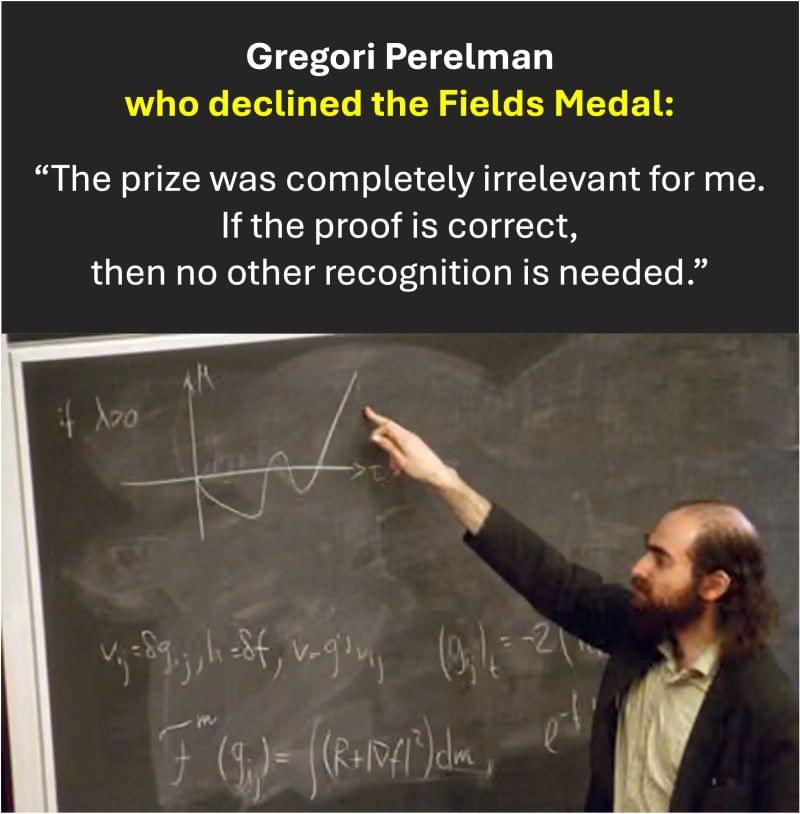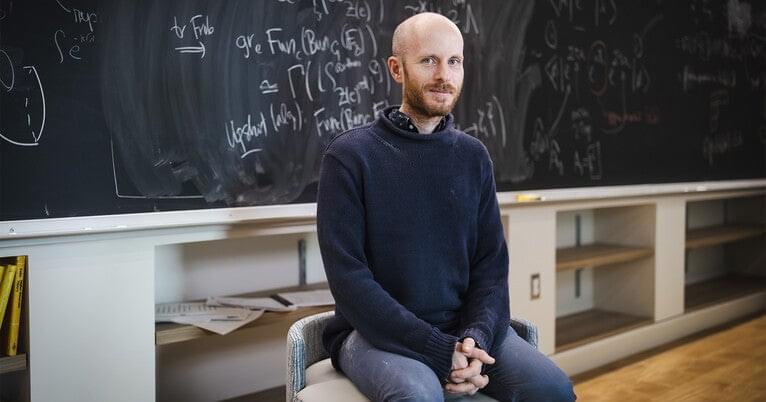Nov 16, 2024
A new system of logic could boost critical thinking and AI
Posted by Dan Kummer in categories: mathematics, robotics/AI
The rigid structures of language we once clung to with certainty are cracking. Take gender, nationality or religion: these concepts no longer sit comfortably in the stiff linguistic boxes of the last century. Simultaneously, the rise of AI presses upon us the need to understand how words relate to meaning and reasoning.
A global group of philosophers, mathematicians and computer scientists have come up with a new understanding of logic that addresses these concerns, dubbed “inferentialism”
One standard intuition of logic, dating back at least to Aristotle, is that a logical consequence ought to hold by virtue of the content of the propositions involved, not simply by virtue of being “true” or “false”. Recently, the Swedish logician Dag Prawitz observed that, perhaps surprisingly, the traditional treatment of logic entirely fails to capture this intuition.


















